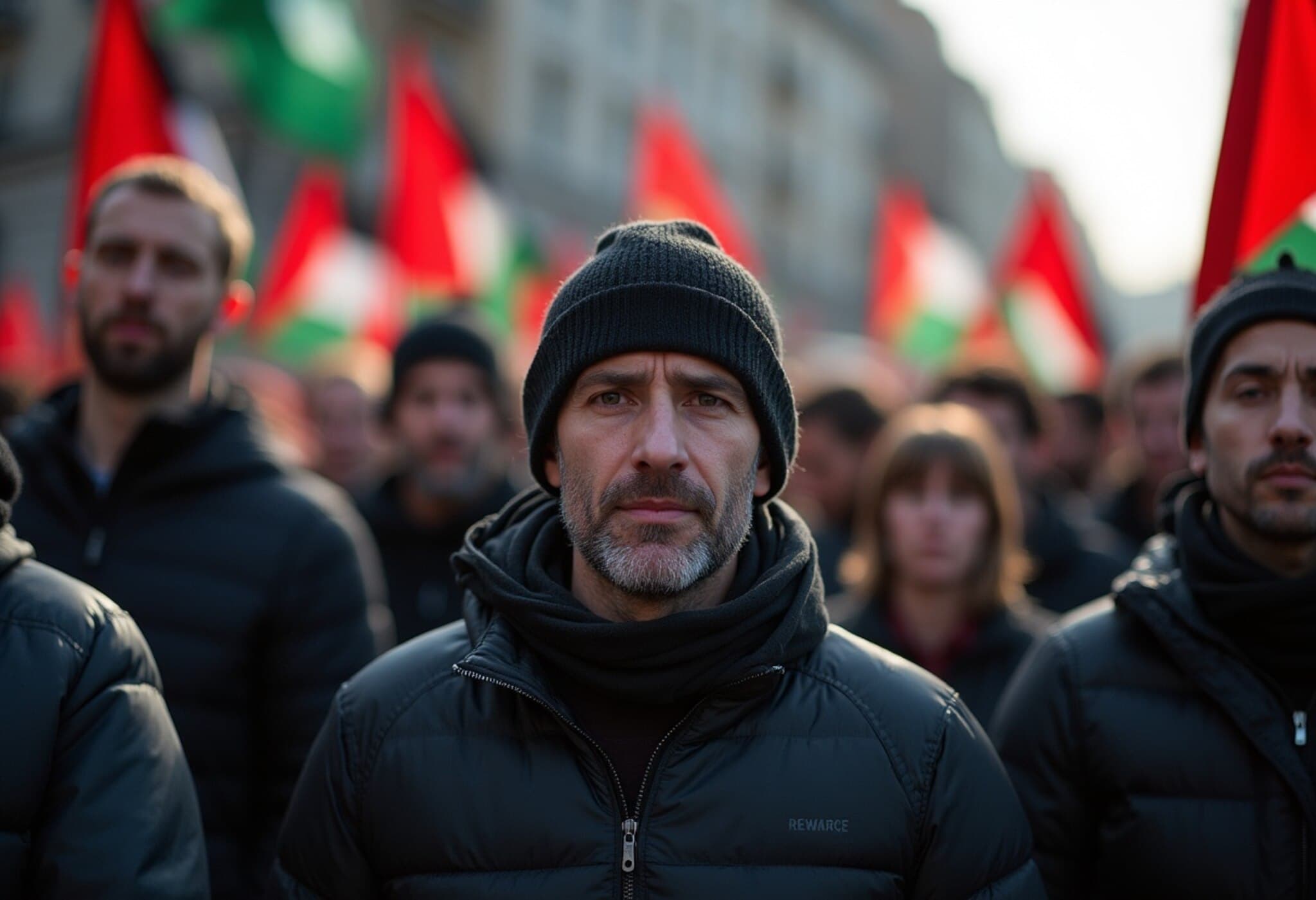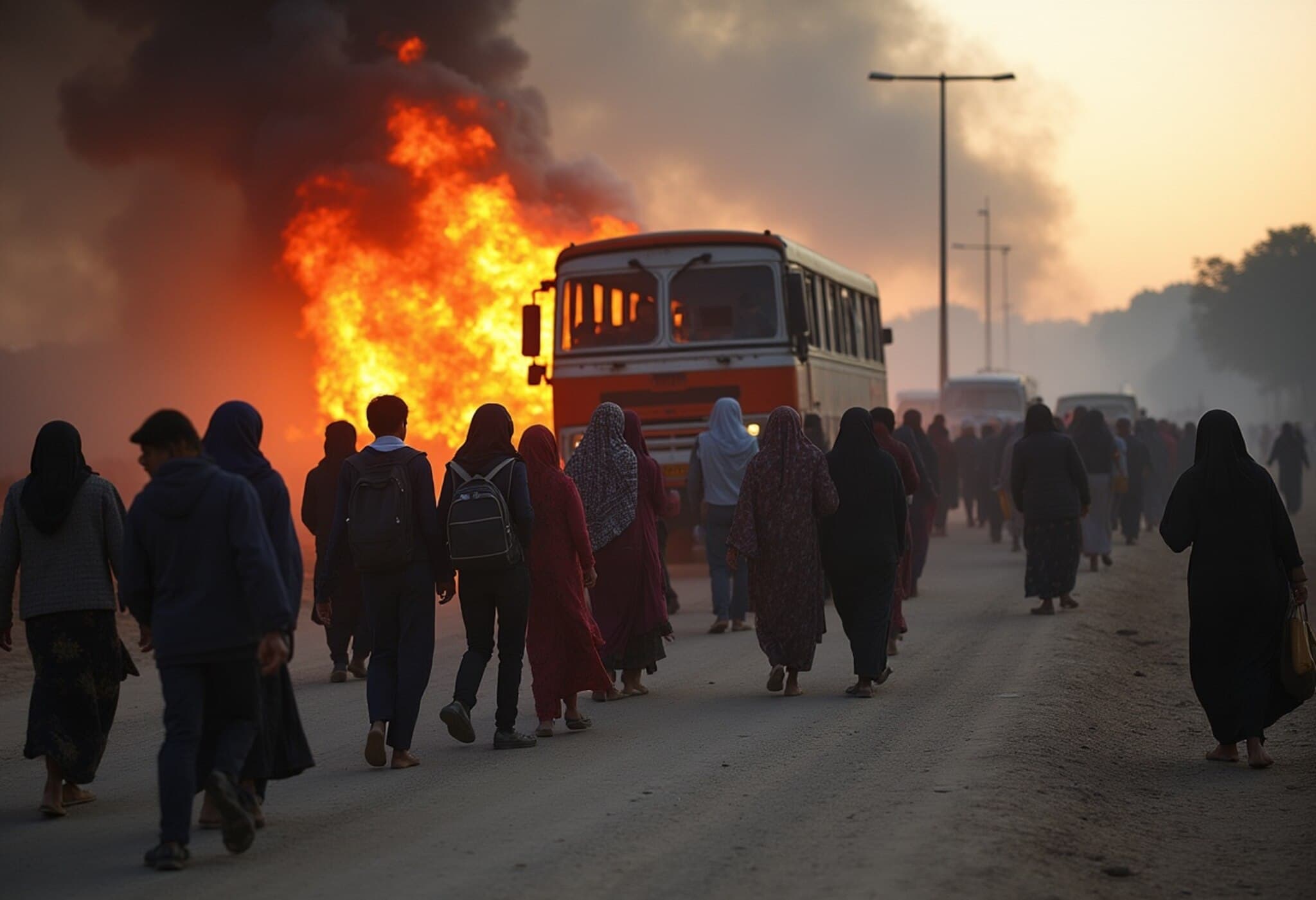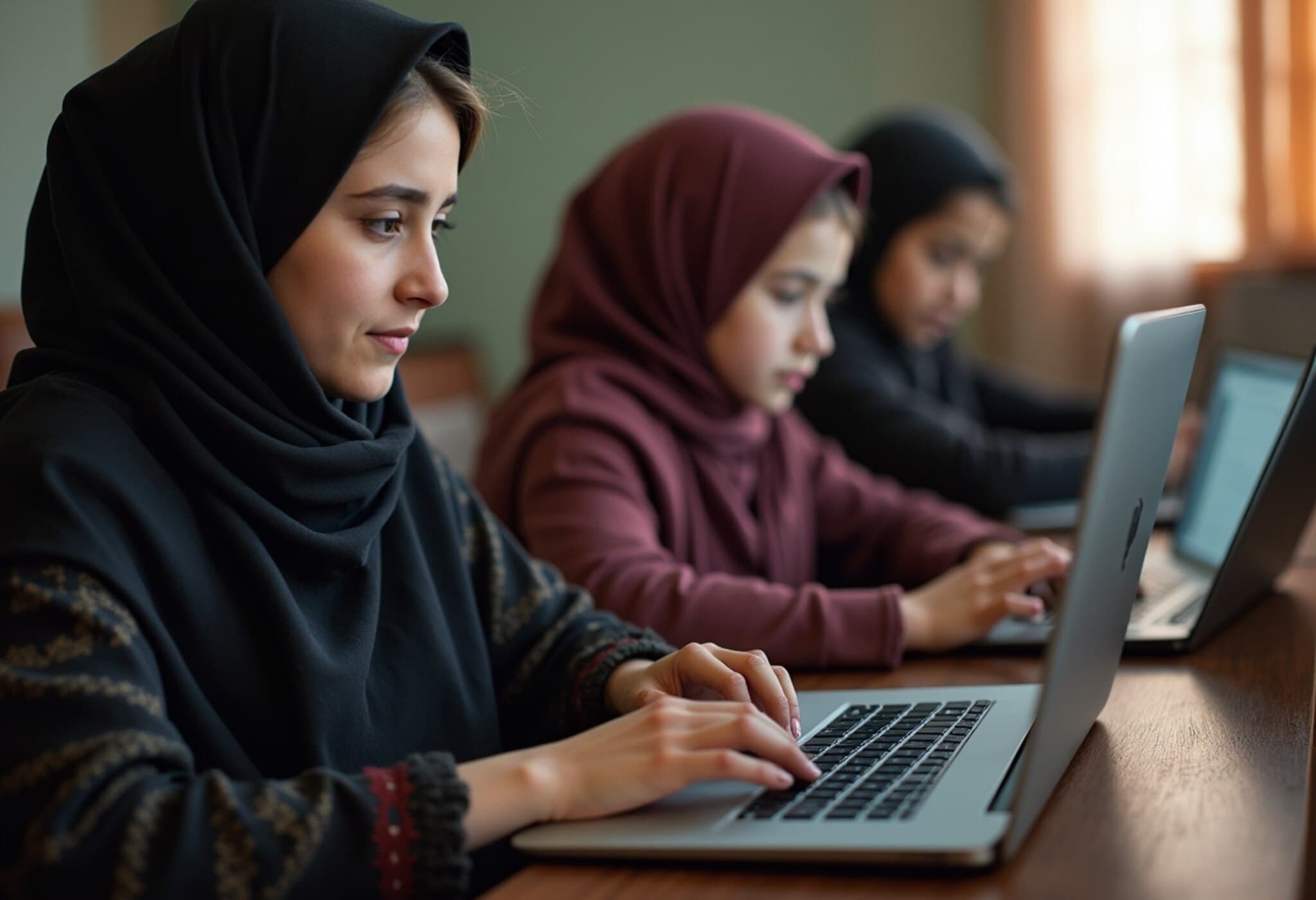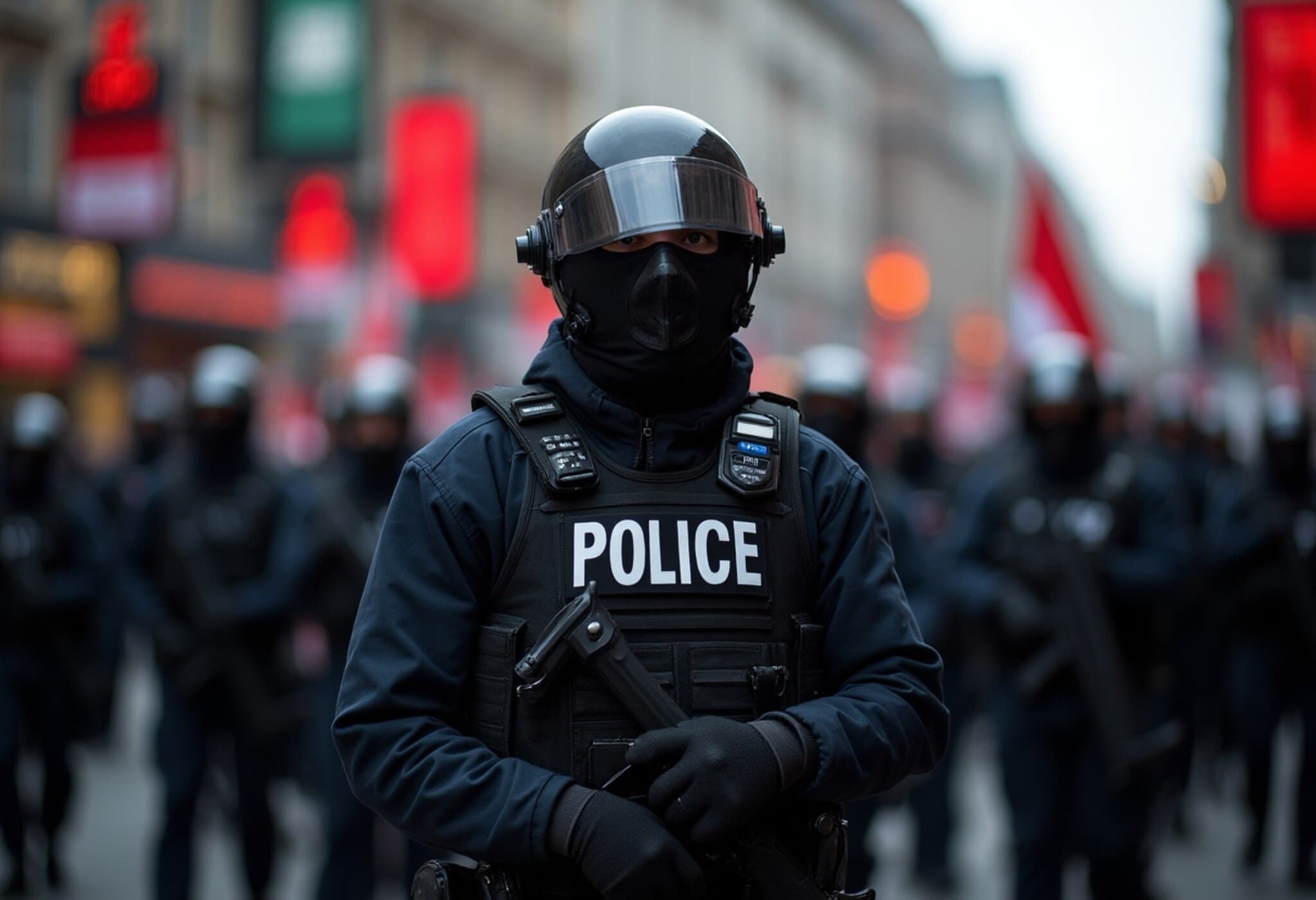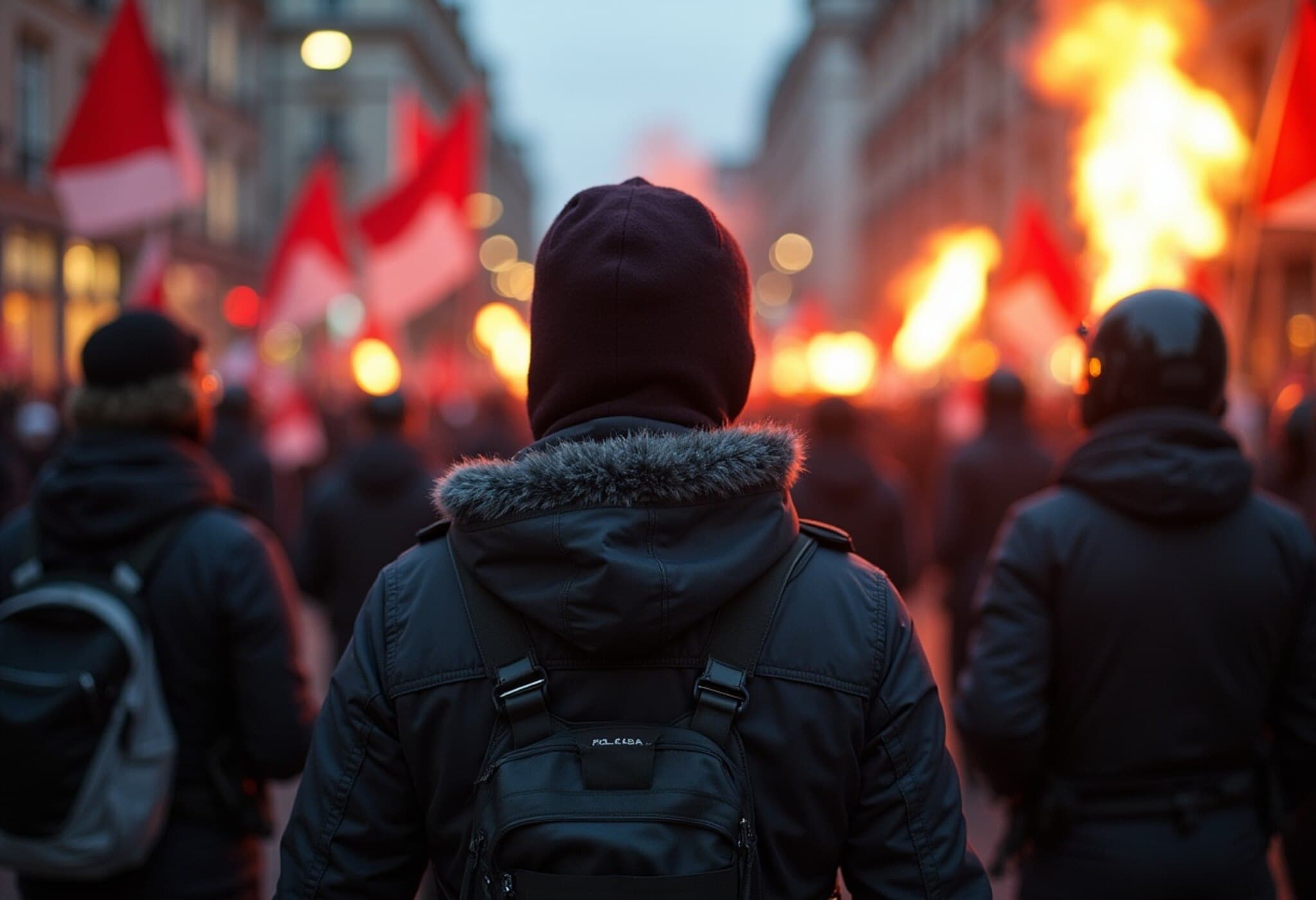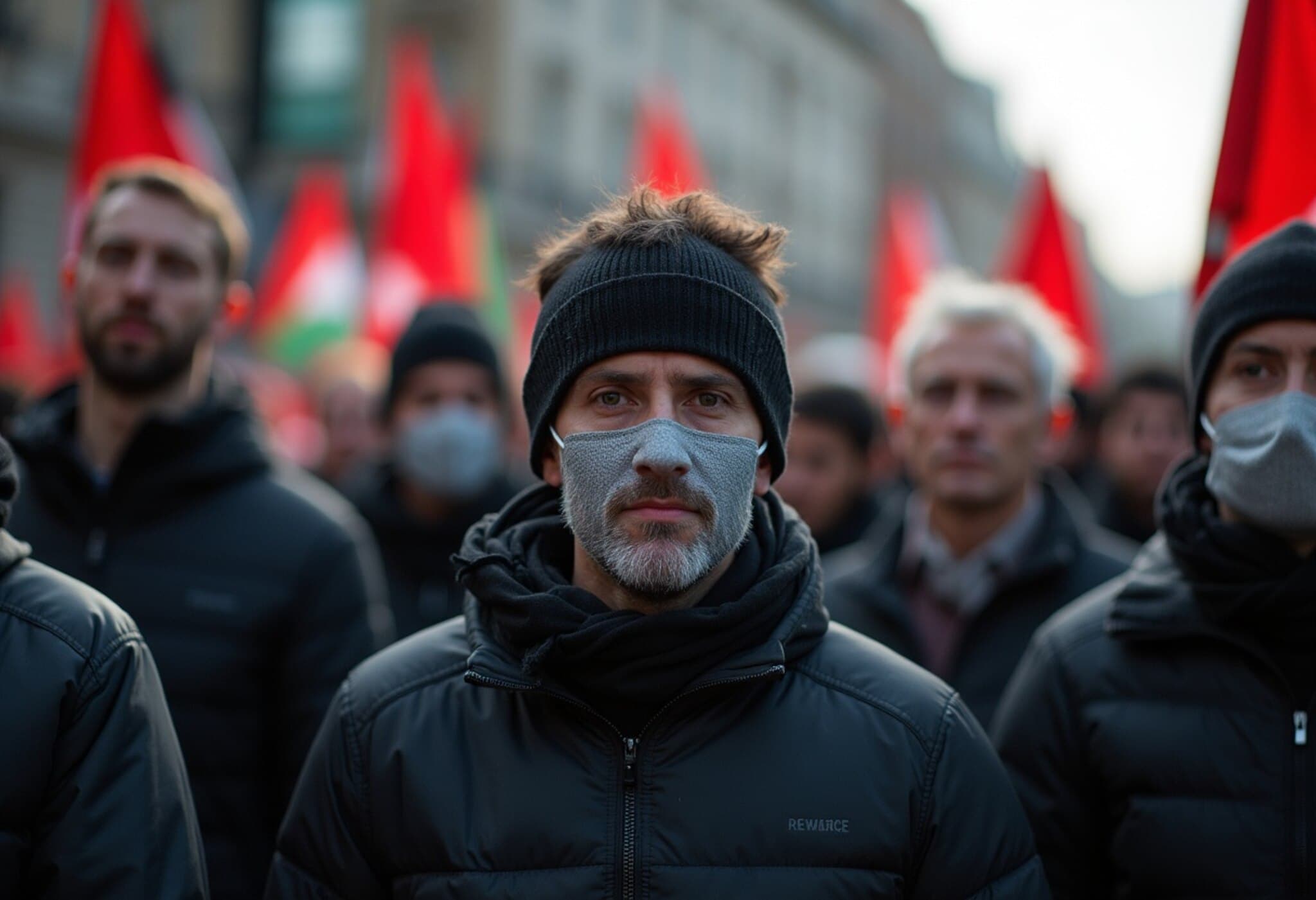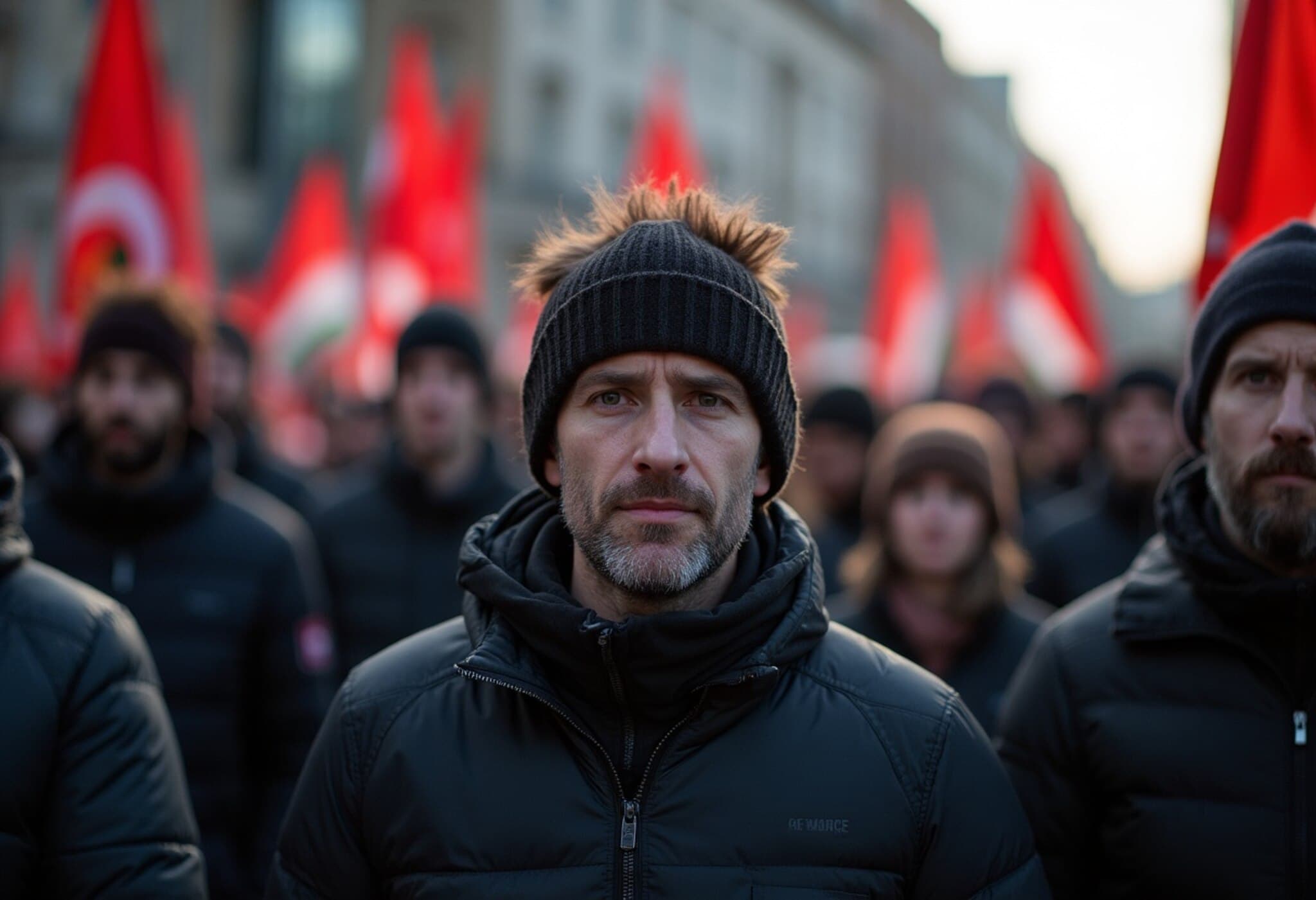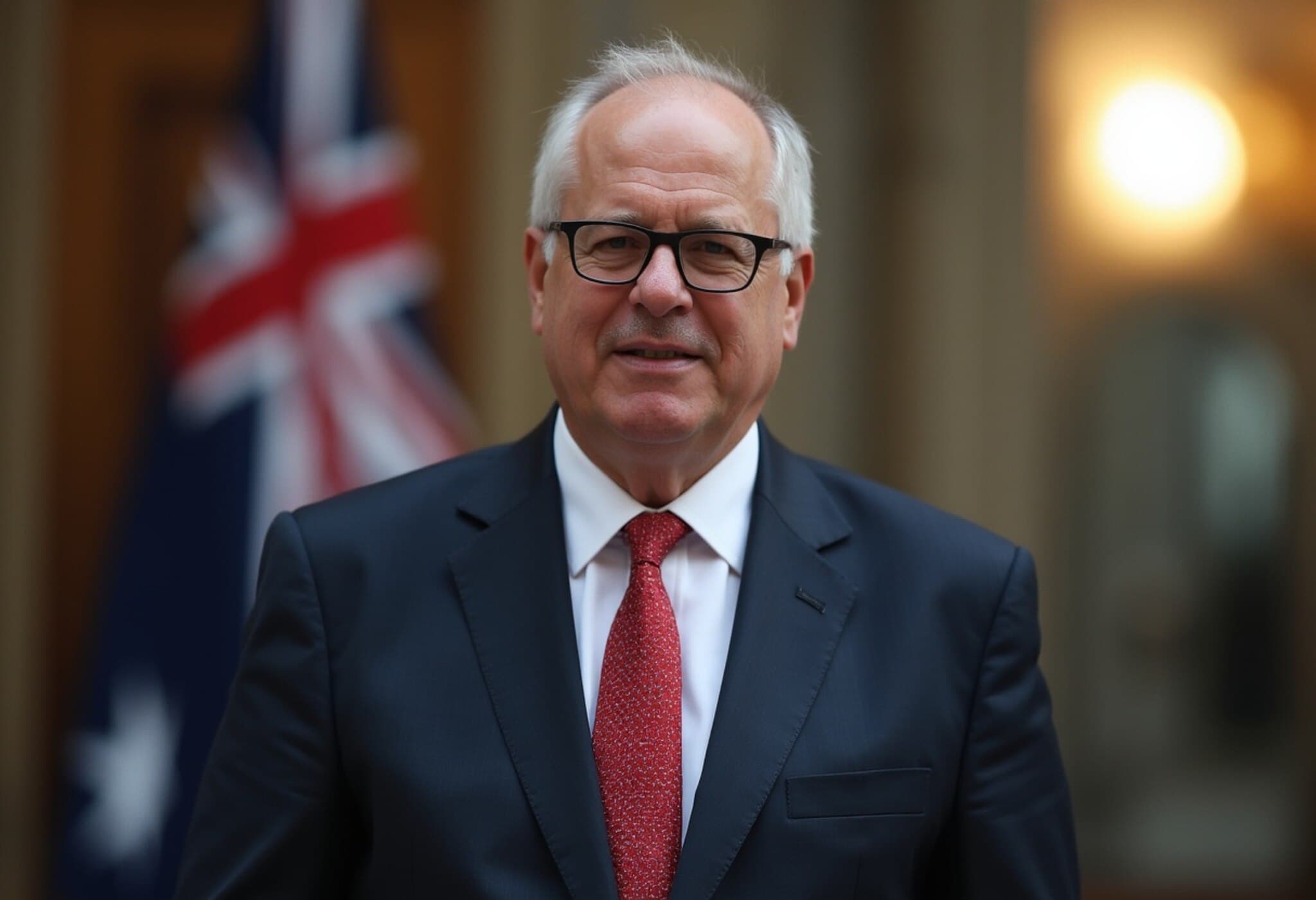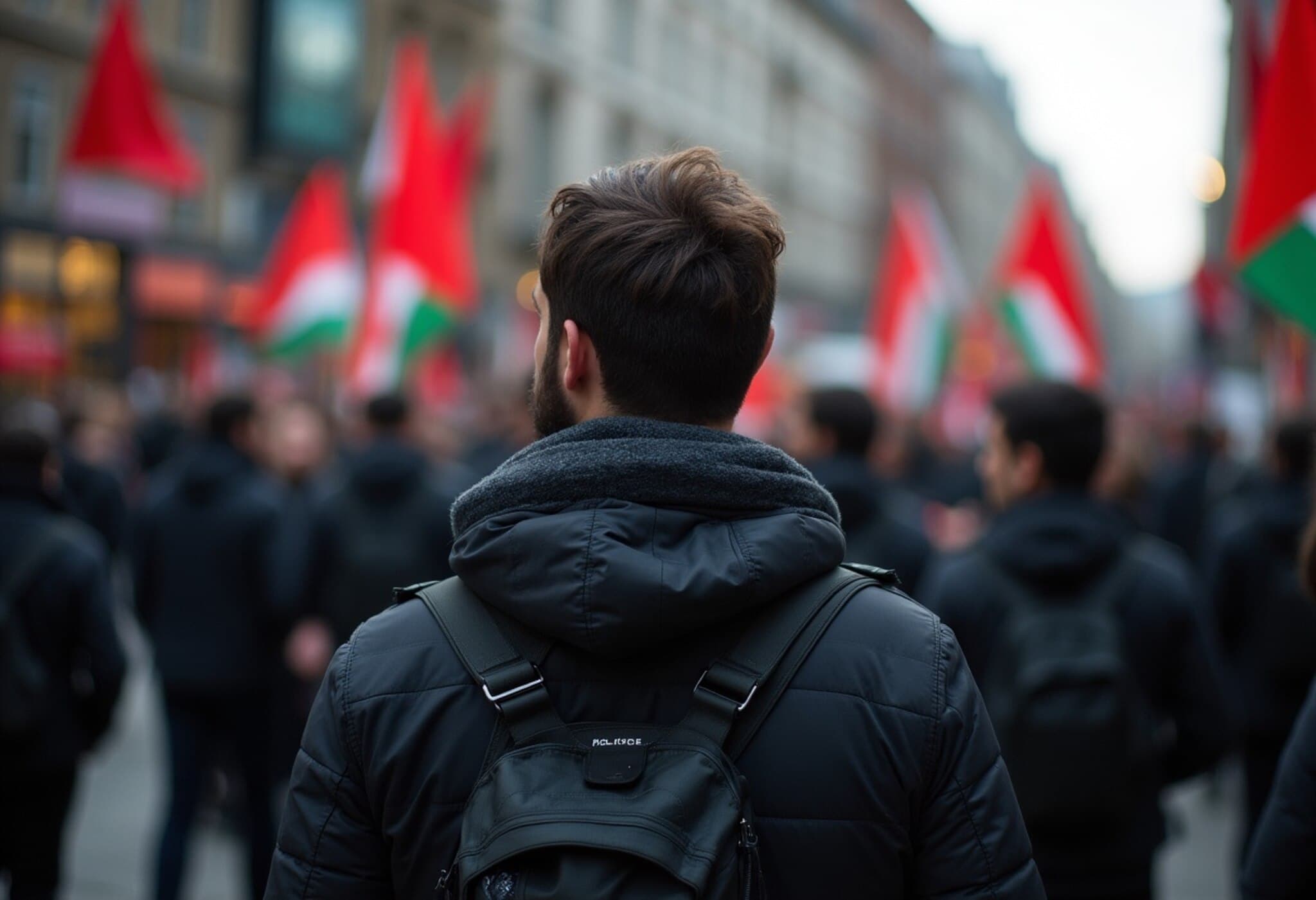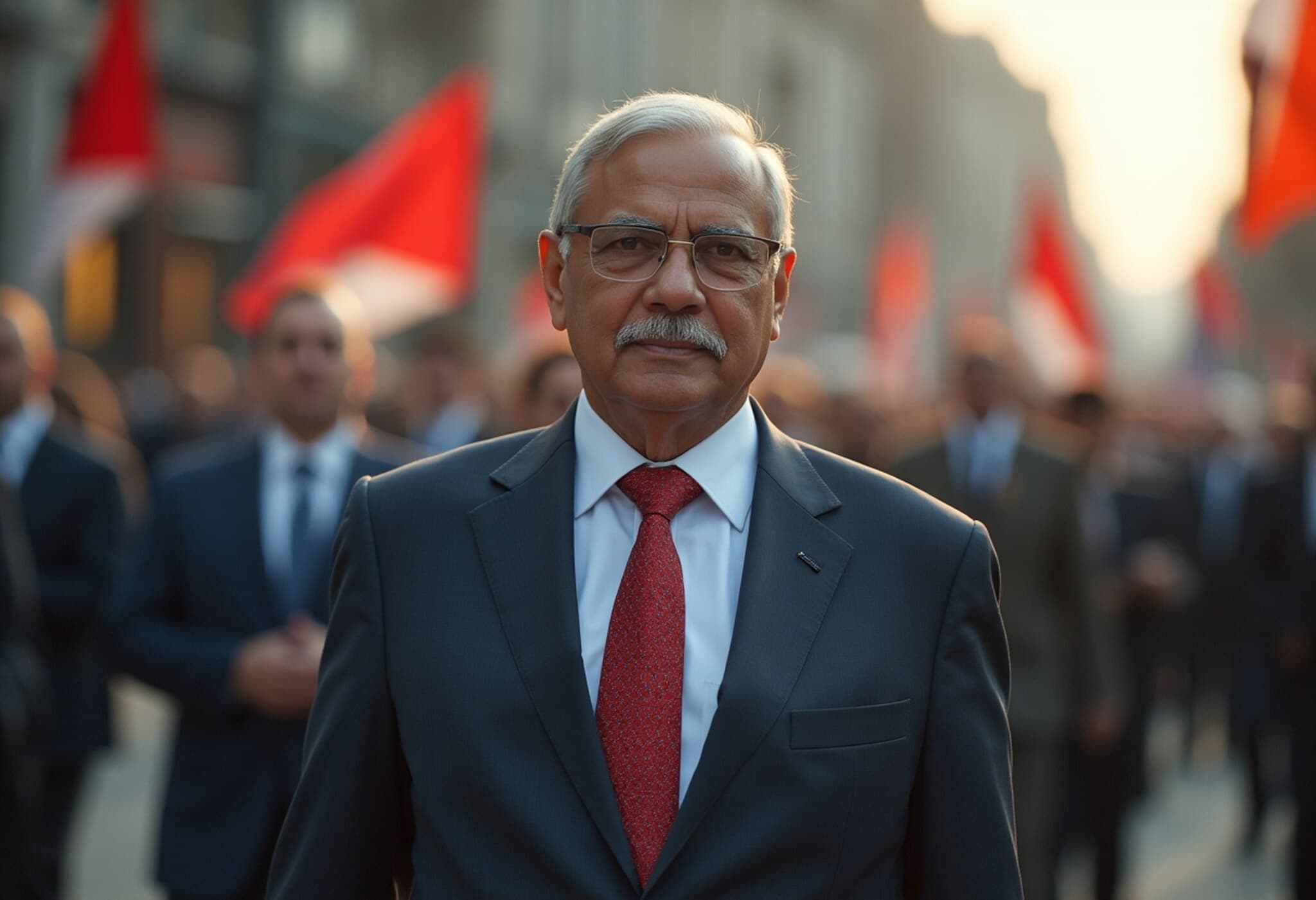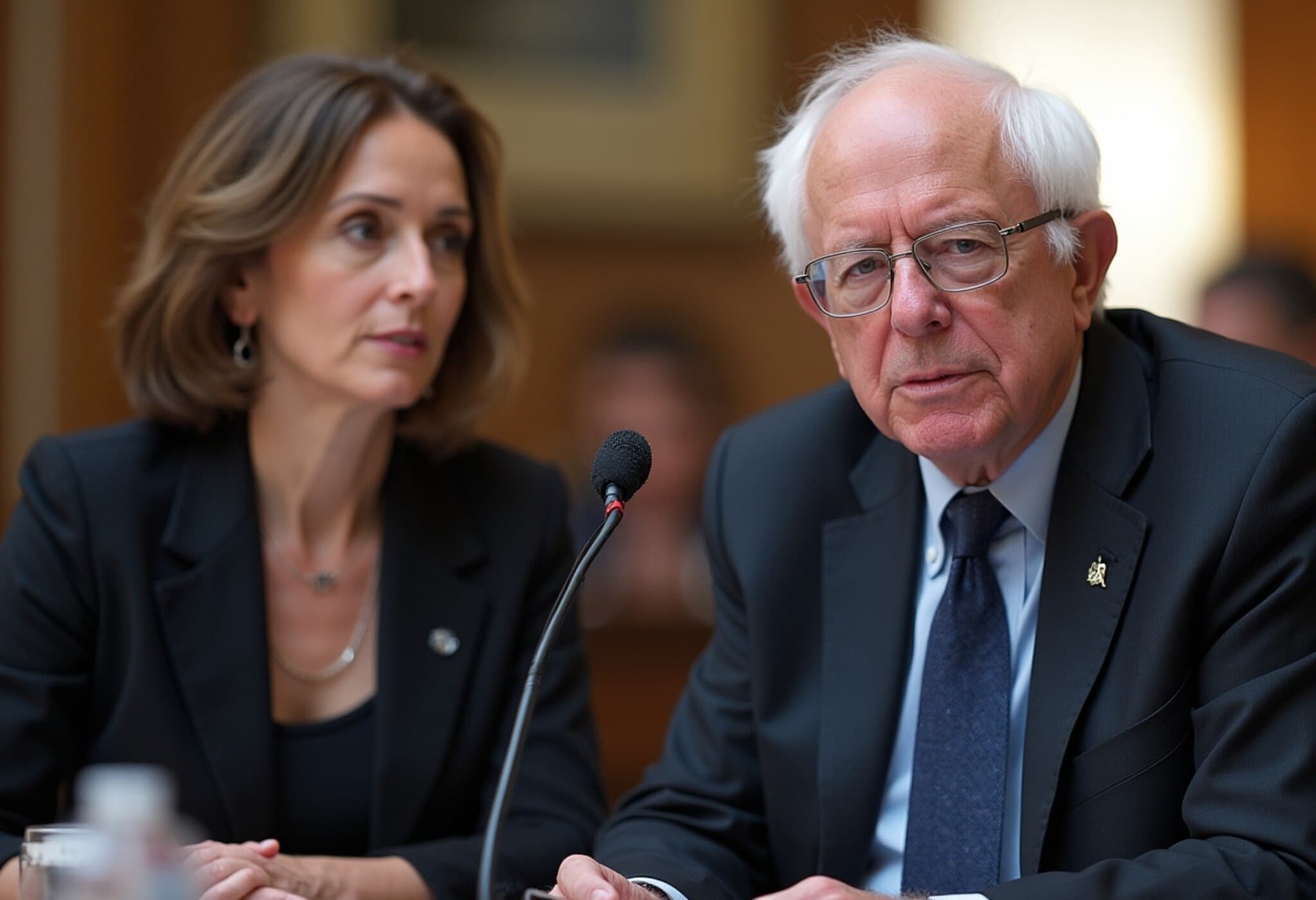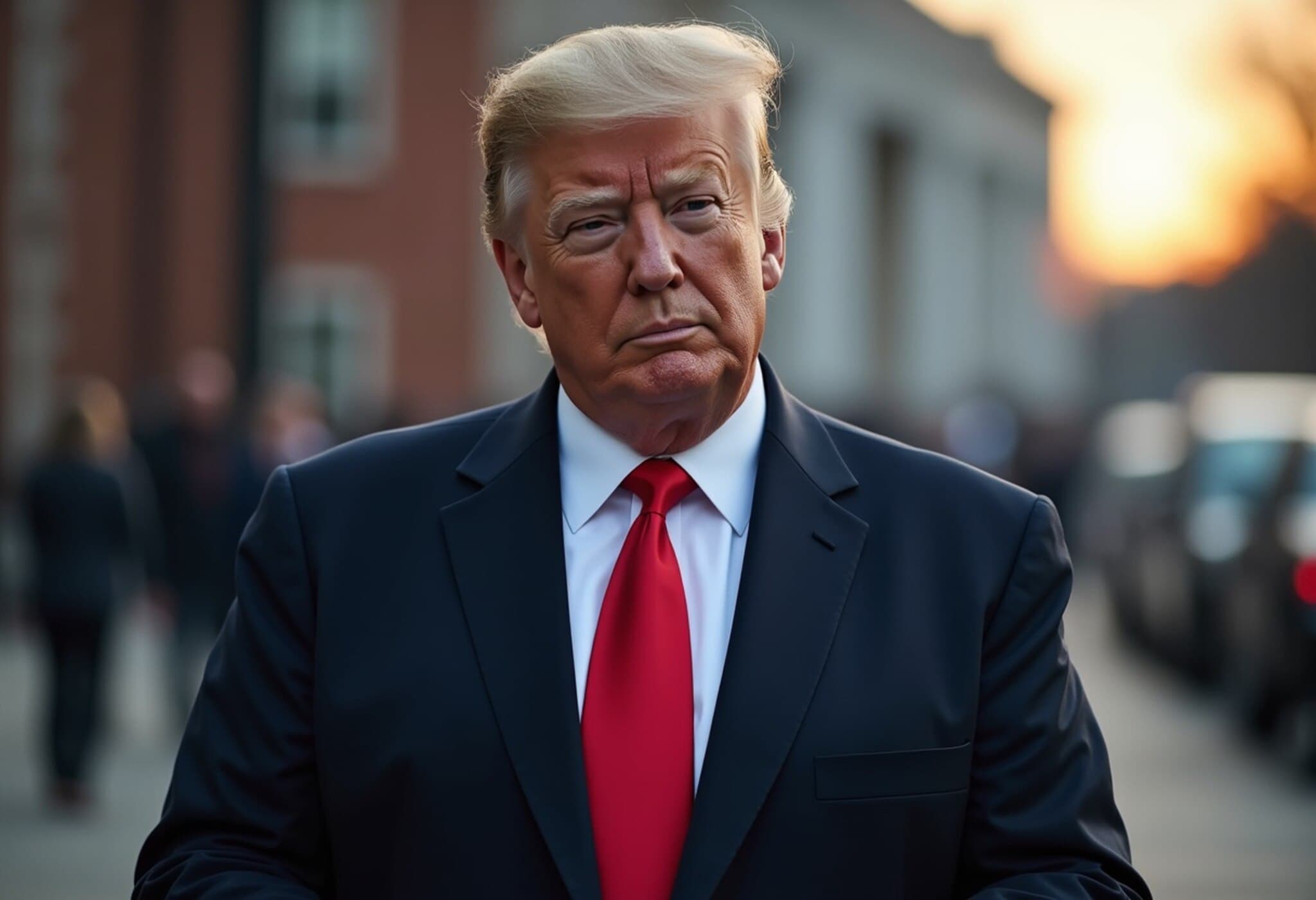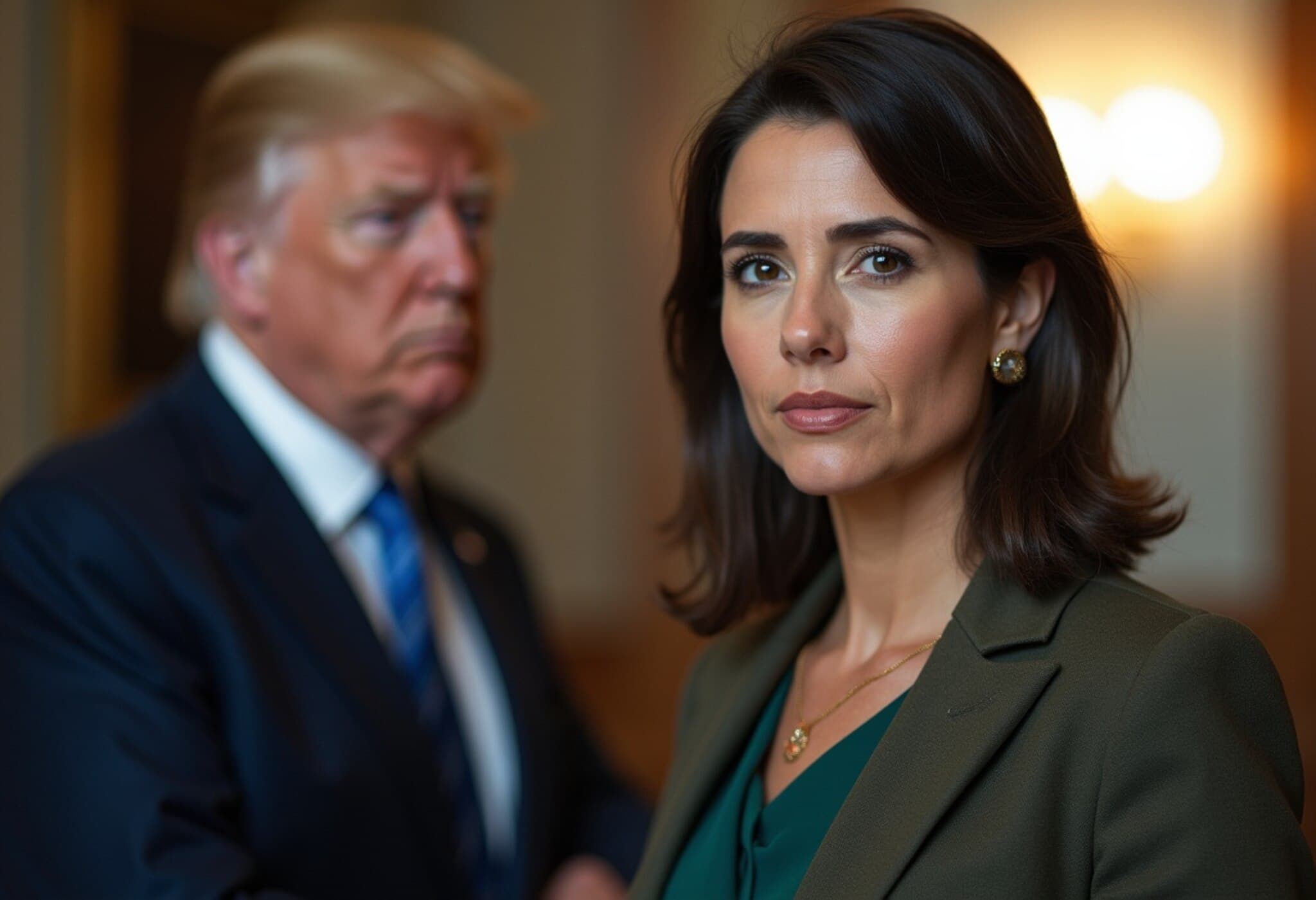UK Authorities Detain 150 Protesters Backing Palestine Action Amid Controversy
On August 9, 2025, London’s Metropolitan Police arrested approximately 150 demonstrators gathered at Parliament Square in support of Palestine Action, a group recently designated as a terrorist organization by the UK government. The arrests unfolded amid growing tensions surrounding the humanitarian crisis in Gaza, which has seen a rising death toll due to malnutrition and ongoing conflict.
Palestine Action Ban and the Clash Over Free Expression
The government’s decision to outlaw Palestine Action followed a string of high-profile protests, including a June incident where activists infiltrated RAF Brize Norton, damaging two military tanker aircraft with red paint and crowbars. Official statements described these acts as economic sabotage linked to the Israeli-Palestinian conflict, prompting the proscription under terrorism laws.
Despite the ban, demonstrators continued to express support, holding placards with slogans such as "I oppose genocide. I support Palestine Action." In response, police began systematic arrests, stating on social media that while many remaining individuals in Parliament Square were media personnel or spectators, a portion continued to display prohibited signage, prompting further detention efforts.
The debate over the definition of terrorism versus civil disobedience has reignited, with groups like Defend Our Juries arguing that expanding the term 'terrorism' to include economic disruption risks undermining core democratic freedoms like freedom of expression and peaceful protest.
Humanitarian Crisis in Gaza Deepens
As demonstrations press on in the UK, the situation in Gaza continues to deteriorate rapidly. According to the Hamas-run health ministry as reported by the BBC, 11 additional deaths from malnutrition were recorded recently, pushing the total to 212 lives lost due to starvation—including 98 children. This grim statistic highlights the broader consequences of the ongoing blockade and conflict.
The same ministry reported that in the past 24 hours, Israeli military actions caused at least 38 deaths and left 491 individuals injured. The United Nations has warned that aid reaching Gaza remains “far below the minimum required,” raising alarms about the prospect of famine and widespread humanitarian disaster.
Israel, however, disputes these claims, accusing UN agencies of delays and inefficiencies in aid delivery and denying the existence of starvation conditions in Gaza.
Contextualizing the UK Response Amid Global Tensions
The proactive stance taken by UK authorities in banning Palestine Action signals a broader European and Western concern over domestic protests potentially linked to international security issues. Yet, the arrests have sparked debate over how governments balance national security with protecting civil liberties, especially when protests intersect with contentious geopolitical crises.
Many experts note that the complexity of the Israeli-Palestinian conflict demands nuanced engagement rather than outright suppression of activism, particularly when humanitarian issues are at stake. The use of anti-terrorism laws to curb economic forms of protest raises critical questions about proportionality and the democratic right to dissent.
Looking Ahead: Questions for Policymakers and Citizens
- How should governments differentiate between violent extremism and non-violent political protest in conflict-related activism?
- What mechanisms can ensure that humanitarian concerns in conflict zones like Gaza receive timely and unrestricted support?
- In the age of polarized international politics, how can societies uphold freedom of expression without compromising security?
- What role should judicial oversight play in the enforcement of anti-terrorism laws against activist groups?
Editor's Note
The arrests in London underscore the fraught intersection of global conflict and local political expression. As the humanitarian crisis in Gaza deepens, protests and their suppression across the world reveal the challenges democracies face in balancing security concerns with fundamental civil liberties. This story invites readers to reflect on the implications of defining activism within the framework of terrorism, and the moral responsibilities of governments amid human suffering abroad.

